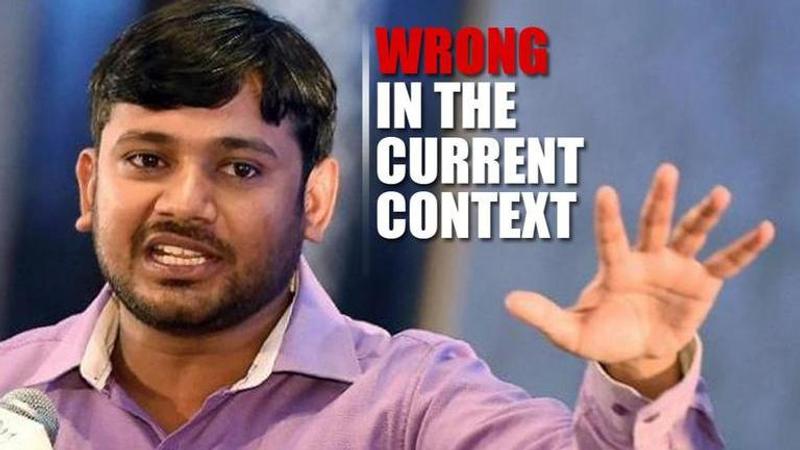Published 21:53 IST, November 19th 2019
Amid JNU protests, why Kanhaiya's 'Education is a constitutional right' assertion is wrong
Backing the JNU student protests, Kanhaiya Kumar on Monday stated that 'education is a constitutional right'. However, this is wrong in the current context.

As student protests continue to simmer in JNU, Communist Party of India (CPI) leader and former JNU Students’ Union president, Kanhaiya Kumar gave his opinion to a private TV channel on Monday. Attacking the Centre for constructing a statue worth Rs.3,000 crore, he questioned why education could not be subsidised. Countering the allegations of students being freeloaders, Kumar observed, “Education is a constitutional right. It’s not a privilege”. However, a plain reading of facts makes it abundantly clear that his assertion is wrong in the context of the JNU protests.
RTE Act: Limited in scope
The Right of Children to Free and Compulsory Education Act, 2009 passed by the Parliament of India directs the state to provide free and compulsory education to all children between the ages of 6 to 14. It has been given the status of a fundamental right in the Indian constitution. This implies that every child has a right to full-time elementary education of satisfactory and equitable quality in a formal school which satisfies certain norms and standards. The RTE Act, as of today, does not even cover the completion of secondary school education. Thus, Kumar’s argument lacks merit as legally, it is not mandatory for the government to ensure compulsory university education for every Indian.
JNU student protest
The students of JNU have been protesting for the last few weeks about the new hostel manual which advocated a hike in hostel fees, dress code regulations, and curfew timings. While the JNU administration announced a partial rollback of some of the contentious provisions, the students decided to march to the Parliament on Monday demanding a complete rollback. Some of the agitating students were stopped and contained in the Safdarjung Tomb area. It was also revealed that around 100 students had been detained for showing ‘'aggressive defiance” to the directions of the police. On Monday evening, the police forcibly removed the JNU student protesters, who had brought civic life and traffic to a standstill, with an ambulance being among the many vehicles forcibly held up.
Updated 00:03 IST, November 20th 2019




